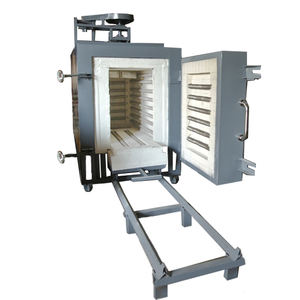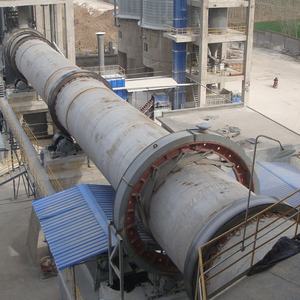Operating heavy machinery while under the influence of Adderall presents a significant and unacceptable safety risk within any industrial, construction, or transportation environment. As mechanical engineers deeply involved in the design, operation, and safety protocols surrounding heavy equipment, we must unequivocally state that the use of Adderall, regardless of prescription status, fundamentally compromises the operator’s fitness for duty and severely jeopardizes workplace safety. Heavy machinery encompasses equipment like excavators, bulldozers, cranes, forklifts, large haul trucks, and industrial presses. These machines demand exceptional physical coordination, sustained mental focus, accurate spatial awareness, rapid decision-making under pressure, and constant vigilance to dynamic environments. The consequences of operator error can be catastrophic, involving severe injury, fatality, and extensive property damage.
(can you operate heavy machinery on adderall)
Adderall, a central nervous system stimulant containing amphetamine salts, is primarily prescribed for Attention Deficit Hyperactivity Disorder (ADHD) and narcolepsy. Its intended effects include increased focus and alertness. However, its impact on an individual operating complex, high-risk machinery is unpredictable and inherently dangerous. Several critical side effects directly conflict with the demands of safe machinery operation. Physical side effects such as increased heart rate, elevated blood pressure, tremors, dizziness, and excessive sweating can severely impair fine motor control and physical stability necessary for precise lever, pedal, and control manipulation. Cardiovascular strain is particularly concerning given the often stressful nature of operating heavy equipment. Cognitive effects pose an even greater threat. While intended to improve focus, Adderall can paradoxically lead to hyperfocus on irrelevant details, tunnel vision neglecting peripheral hazards, restlessness, anxiety, irritability, and insomnia. These states dramatically reduce situational awareness – the operator’s constant scanning and comprehension of the entire work zone, including other personnel, moving equipment, overhead obstructions, and ground conditions. Impaired judgment and overconfidence are also significant risks; an operator might feel artificially capable, leading to riskier decisions or underestimating hazards.
Furthermore, the potential for dehydration due to reduced appetite and increased sweating, coupled with possible insomnia from the medication, creates a compounding effect of fatigue – a known major contributor to industrial accidents. The interaction of Adderall with other substances, including caffeine or over-the-counter medications, or its potential exacerbation by environmental stressors like heat or noise common on worksites, adds layers of unpredictability. Legally and ethically, operating heavy machinery under the influence of Adderall without explicit, documented medical clearance from both a treating physician and the employer’s occupational health department is indefensible. Most companies have strict substance abuse policies explicitly prohibiting the operation of company vehicles or equipment while using any medication that may cause drowsiness, dizziness, or otherwise impair judgment or motor skills. Department of Transportation (DOT) regulations for commercial drivers also strictly prohibit the use of such substances without proper authorization and monitoring. Failing to disclose prescription stimulant use when operating heavy machinery constitutes a serious breach of safety protocols and professional responsibility. It exposes the operator, co-workers, the public, and the employer to immense liability in the event of an incident.
(can you operate heavy machinery on adderall)
The only safe and professional approach is complete transparency and strict adherence to medical and company policy. Individuals prescribed Adderall must proactively consult with their prescribing physician regarding the specific demands of their job, particularly the requirement to operate heavy machinery. A formal medical assessment of fitness for duty, considering the specific medication, dosage, individual response, and job requirements, is essential. This assessment must be shared with the employer’s occupational health provider. The employer, in turn, has a duty to evaluate this information rigorously and make a determination regarding the operator’s fitness. Under no circumstances should an individual self-assess their capability to operate heavy machinery while taking Adderall. The inherent risks – physical impairment, cognitive disruption, reduced situational awareness, and legal/ethical violations – are far too great. Safety must supersede all other considerations. Heavy machinery operation demands unimpaired physical and cognitive faculties; introducing a potent central nervous system stimulant like Adderall into this equation creates an unacceptable and potentially deadly hazard.


